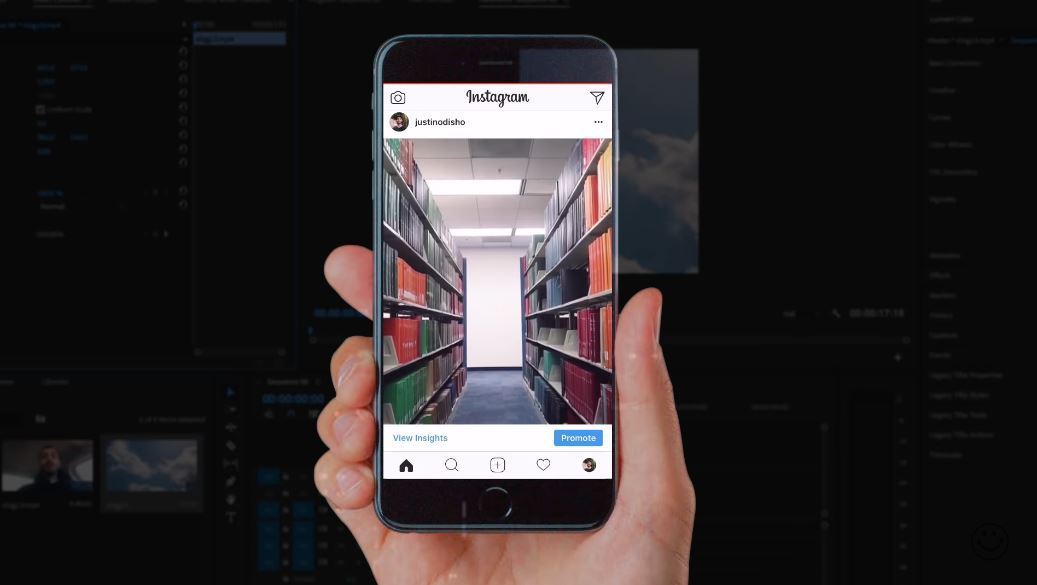There’s no doubt about it, video is the most powerful medium for marketing today. Research has shown that 75 million people in the US watch videos on the internet every day. Moreover, about 50 percent those videos are viewed through a mobile device. Experts predict that by 2019, traffic from internet videos will account for 80 percent of all online consumer traffic.
Video marketing isn’t just an option anymore. It’s now an essential marketing tool.
However, consumers today are viewing their videos in a different manner than in previous years. Horizontal videos don’t have the hold they used to have while vertical videos are becoming more prevalent. This means that advertisers not only have to make video a priority, but they also need to rethink how they create and format their video content.
Why Marketers Should Use Vertical Videos
Not, that long ago, vertical videos were frowned upon by advertisers. Since their reduced size was incompatible to the then wider screens of desktop computers, they tended to look like they were shot by amateurs. But times have changed and vertical videos are now preferred over horizontal ones.
Here’s why marketers should utilize vertical videos:
It’s Now a Mobile World
The popularity of mobile devices has also led to the universal acceptance of vertical videos. Smartphones are designed primarily for accepting and making calls, thus their aspect ratio will be vertical. This has also influenced people’s online experience. About 94 percent of consumers hold their phone vertically, and most won’t bother to turn it on its side just to watch a video horizontally.
Social Media Platforms are Mobile-Friendly
Social media platforms like Facebook, Instagram, Pinterest, and Twitter are all optimized for mobile devices. And most of these platforms are quick to follow trends, which is why most have already removed the black bars on vertical videos to give consumers a better viewing experience.
They Give Better Results
Advertisers have discovered that using vertical videos to promote their products have better resultsin terms of engagement and views. Due to its orientation, vertical videos fill the whole screen and lets people focus solely on what they’re looking at it. Meanwhile, there’s a lot of distraction when watching a horizontal video on an upright screen. MediaBrix data also showed that less than 30 percent of people are willing to turn their devices sideways. It’s likely that they will also skip horizontal video ads.
How to Effectively Use Vertical Videos
Be Mindful of the Platform
Social media platforms optimize their videos differently, and this could impact the viewer experience. Take into consideration the type of users each platform has and design your video accordingly. Longer videos are better suited on Facebook, as the average user experience is usually three minutes per session. Meanwhile, Instagram users favor shorter videos that are under two minutes.
Keep Content Short
Short and sweet is the formula for content success. Even though long-form videos are good on platforms like Facebook, not every user can engage with extended content. It’s better to keep content to 10 seconds or less since it’s easier to digest. Increase the odds of engagement by releasing several short clips. It’s more valuable and encourages repeat views. What’s more, multiple videos will have your audiences staying with your content longer.
Include the Audience
Use your video like an extra set of eyes and take your audience with you. Vertical videos are great for showcasing day-in-the-life clips or behind the scenes shots. It lets your audience feel like they’re the ones behind the camera, providing them with an authentic customer experience.
Vertical video provides marketers with a ton of new opportunities to push their brand. By making vertical video content, you can tap into more mobile device users who will spend more time on your content. this results in more shares, greater exposure for your brand and more sales.




